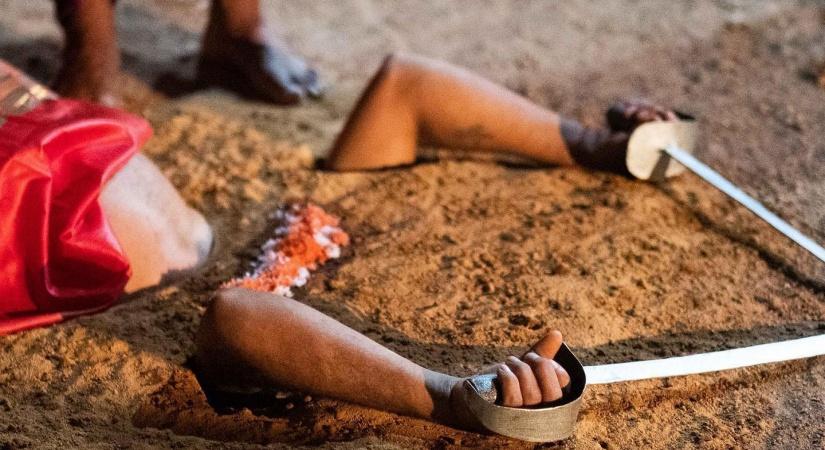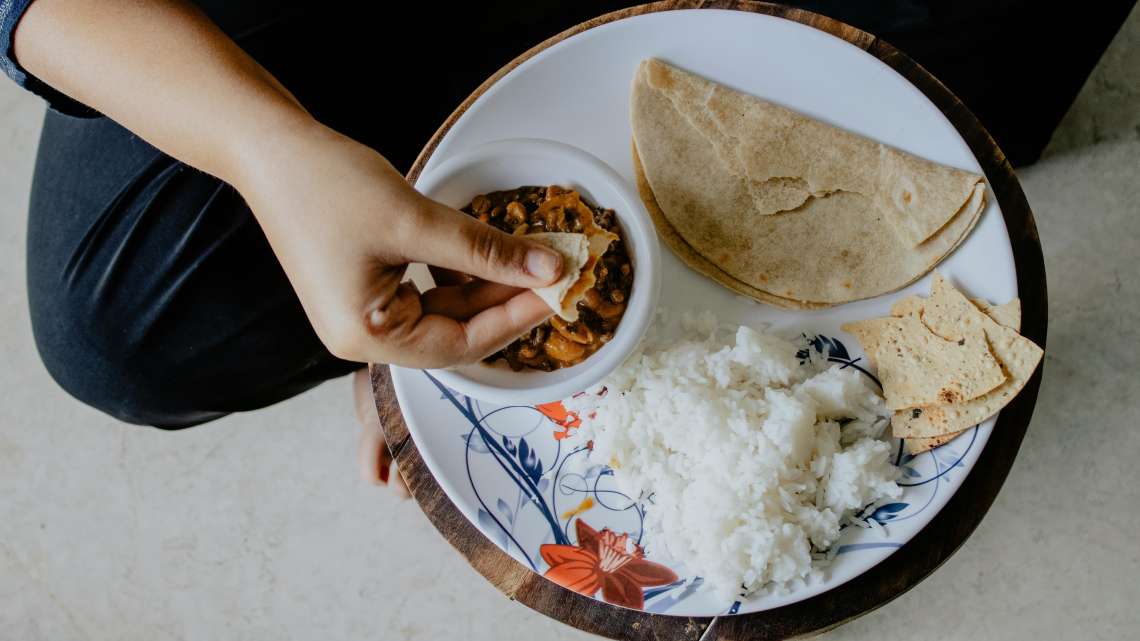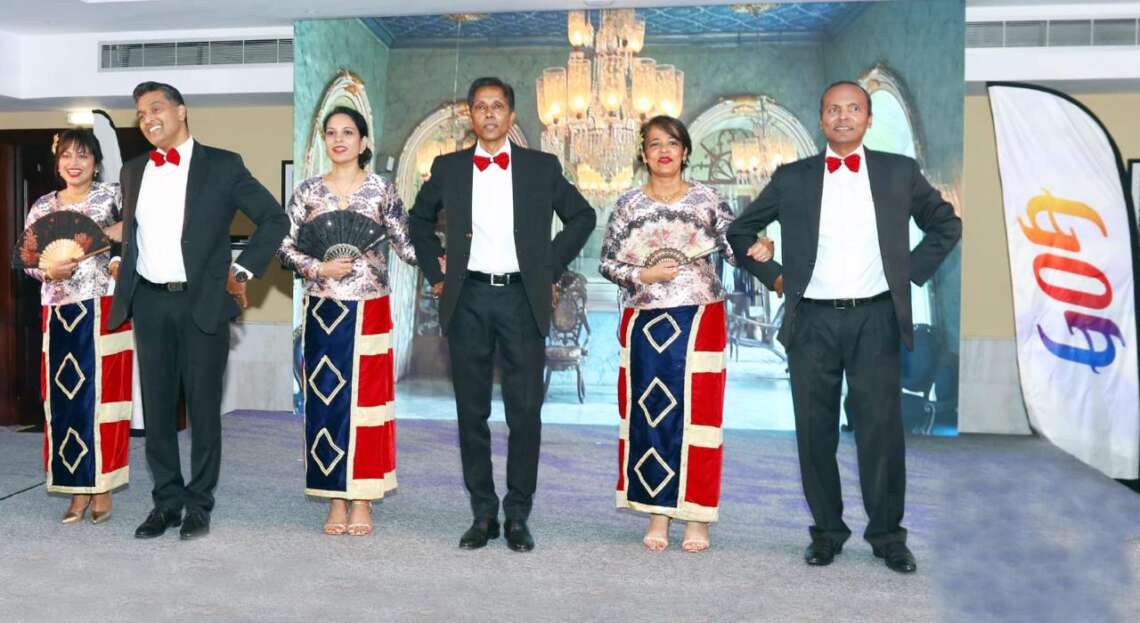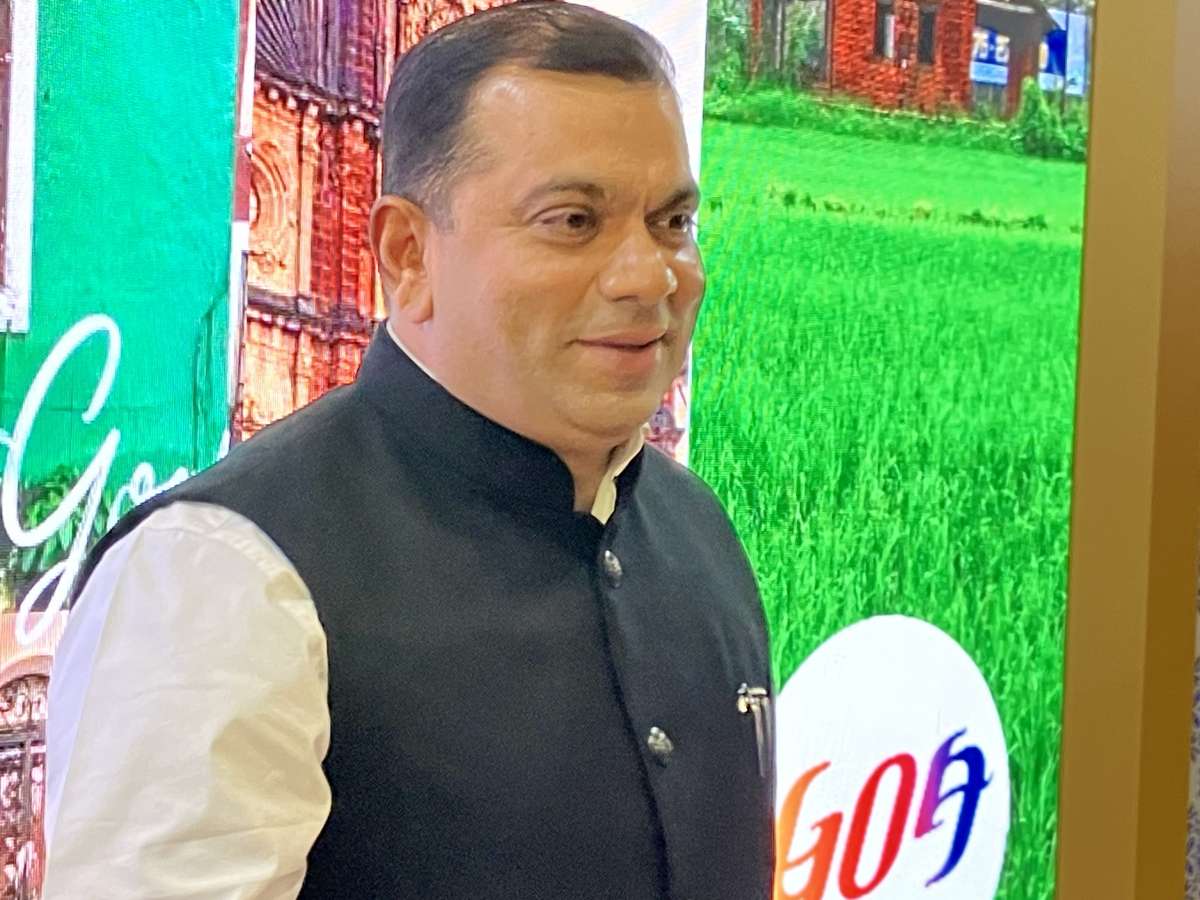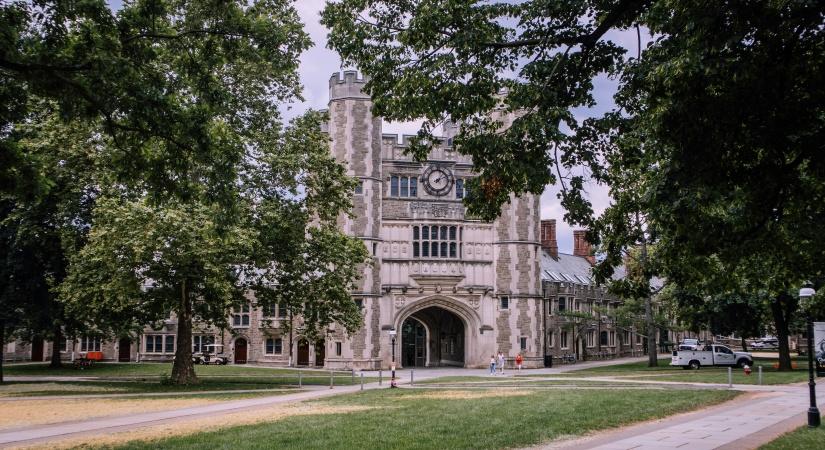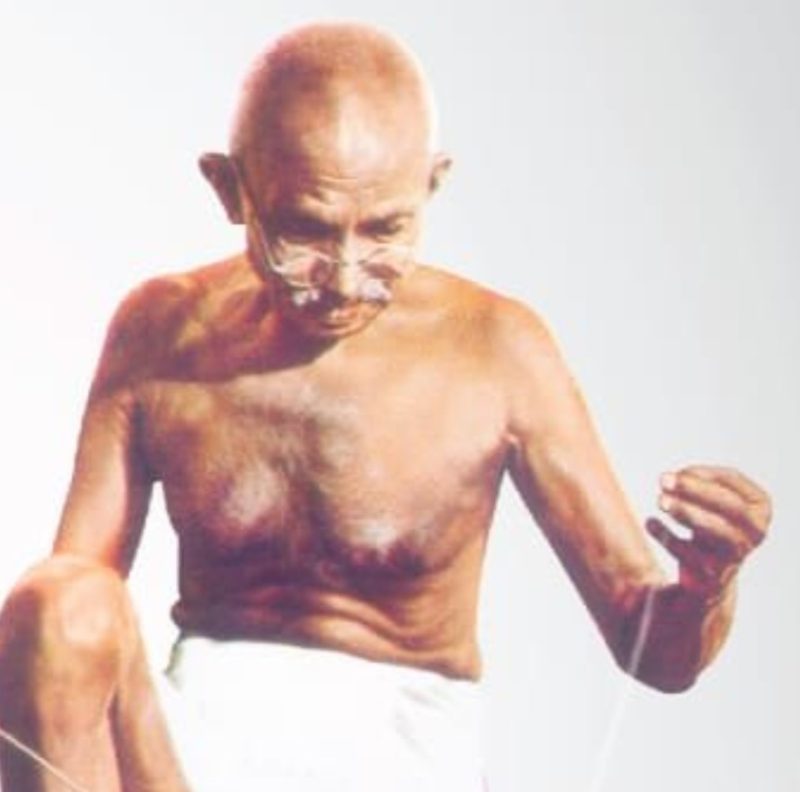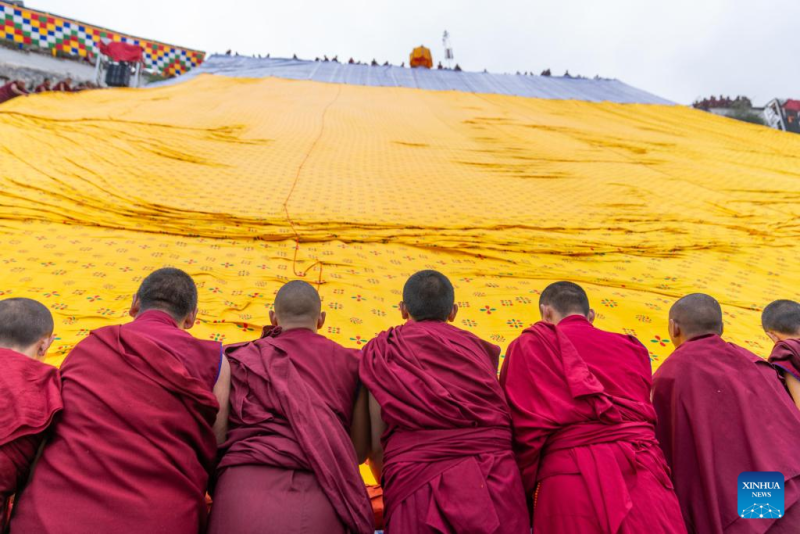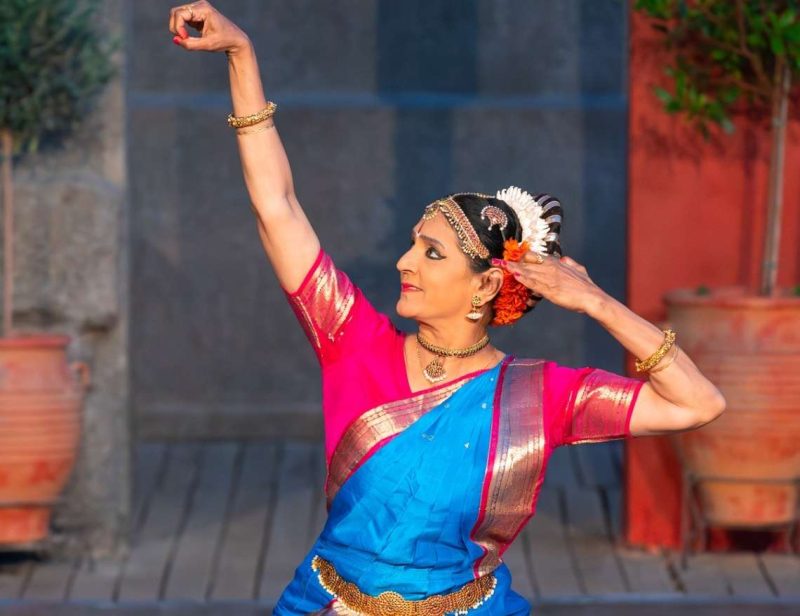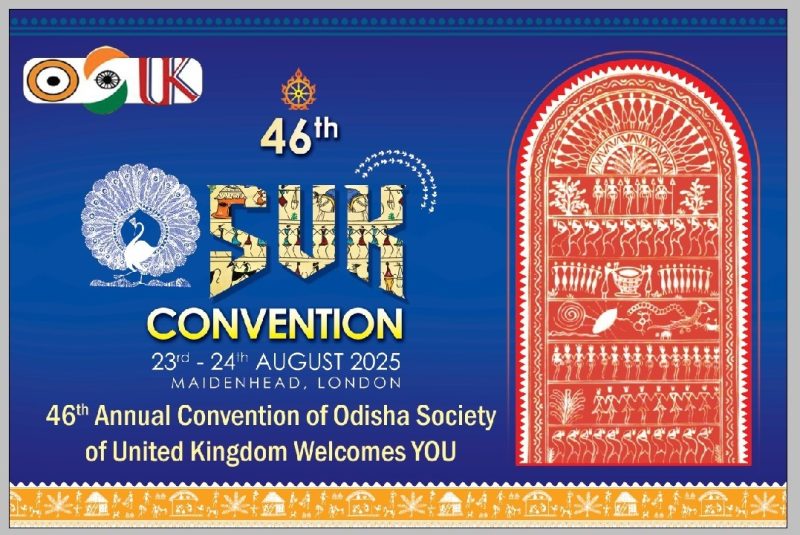Xenni Uzzo stands out as a thrilling fire ritual in South Goa. Annually, on the first full moon night following Shigmo, the village of Molcornem in Quepem, Goa, becomes the stage for a distinctive and age-old ceremony known as Xenni Uzzo…reports Asian Lite News
Every year, as the winter bids farewell and spring tiptoes in, the vibrant state of Goa in India bursts into a riot of colours and festivities. This traditional Hindu festival Shigmotsav, marks the arrival of spring and is celebrated with great fervour and enthusiasm. The festival which is set to be held from 26 March to 8 April in the entire state will come alive with cultural performances, float parades, music, and traditional dance during Shigmo.
As the colours of Shigmo paint the streets with exuberance, various other festivals prepare to showcase its diverse cultural heritage through a series of unique festivals. These festivals embody the essence of Goan traditions, each offering a distinct experience for travellers seeking to delve deeper into the soul of this coastal paradise. Witness a journey through five extraordinary festivals that add a splash of colour and a dash of excitement to the festivities alongside Shigmo in Goa.
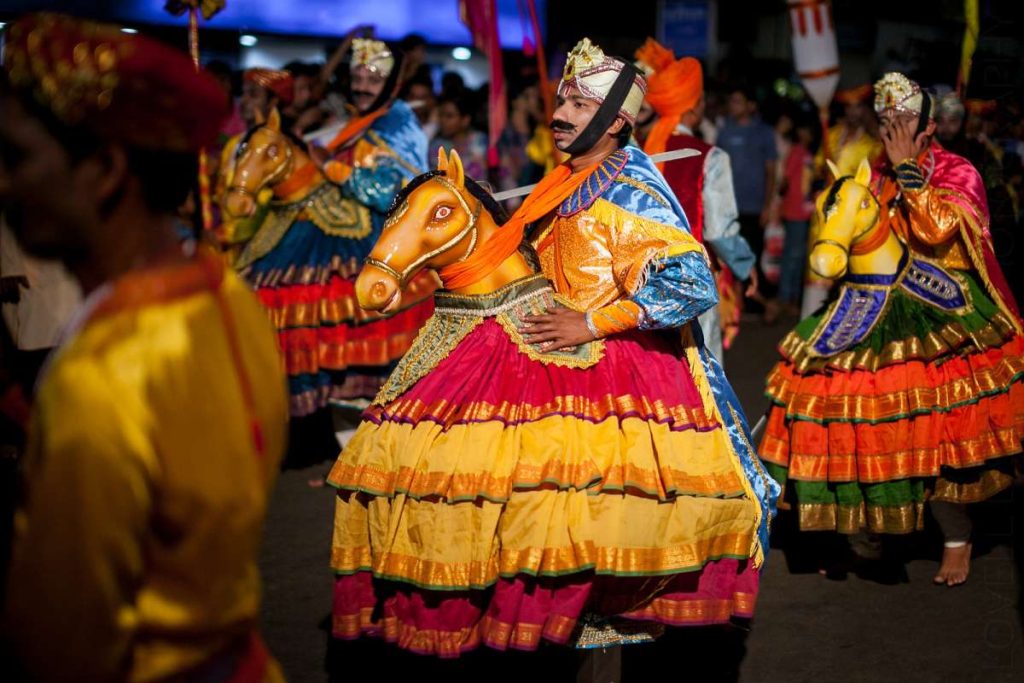
Xenni Uzzo in Molcornem Sanguem, Embracing Goa’s Fiery Ritual: Xenni Uzzo stands out as a thrilling fire ritual in South Goa. Annually, on the first full moon night following Shigmo, the village of Molcornem in Quepem, Goa, becomes the stage for a distinctive and age-old ceremony known as Xenni Uzzo. This ritual serves dual purposes: it honours the village’s founding figures and beliefs while also commemorating the spring harvest festival.
Despite the rapid pace of modernization, the residents of Molcornem maintain a deep reverence for their traditional customs, particularly evident during Xenni Uzzo. Utilizing natural resources, such as dry cow dung cakes, locally termed “Xenni,” and leaves, they generate sparks, referred to as “Uzzo,” by striking these elements together. Encircling the resultant fire, villagers partake in spirited dances, while men transport areca nut tree trunks from carefully selected plantations near the Mallikarjun temple.
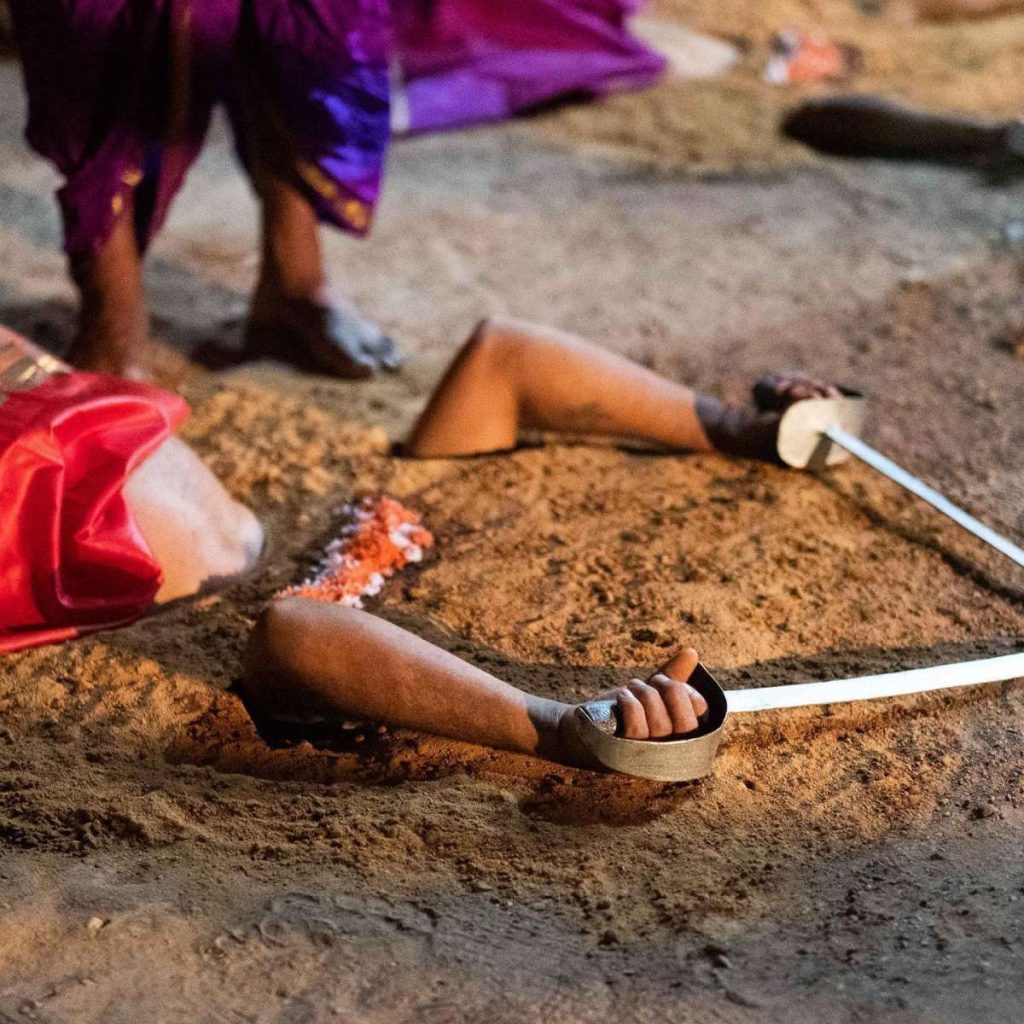
Ghode Modni in Thane, Sattari, a Spectacle of Horses and Warriors: Ghode Modni, meaning ‘horse dance,’ is a unique festival celebrated in the villages of Thane, Sattari and other places. This centuries-old tradition showcases a spectacular display of horsemanship and martial arts, with performers dressed as warriors riding decorated horses. The rhythmic sound of hooves and the colourful attire of the performers create a mesmerizing spectacle that captivates audiences. The Ghode Modni folk dance emerges as a significant highlight of the Shigmo festival celebrated during the harvest season in Goa. Etymologically, “Ghode” translates to “horse,” while “Modni” signifies “joyful,” encapsulating the essence of the performance.
Chorotsav in Zarme, Unveiling the Charms of Goan Villages: Chorotsav, also known as the ‘festival of thieves,’ is a quirky celebration held in the village of Zarme in Sattari Taluka. This offbeat festival pays homage to the folklore of Goan villages, with locals dressing up as mischievous thieves and engaging in playful antics. From mock robberies to comedic performances, Chorotsav offers a lighthearted glimpse into the humour and creativity of Goan culture.
At the festival, four participants are buried with only their heads protruding, while another four have their heads submerged in pits. This symbolic act represents a tragic incident from centuries past when thieves were mistakenly executed. The spectacle draws a crowd of both locals and intrigued spectators, who observe with a mixture of fascination and anticipation as the eight individuals are interred alive.
Fiery Rituals of Homkund Utsav in Charao, a Spectacle of Devotion and Tradition: In the quaint village of Charao, nestled amidst the lush greenery of Goa, the Homkund Utsav takes on a fiery intensity, offering a unique spectacle of devotion and tradition. Here, amidst the tranquil surroundings, locals gather to perform age-old rituals that pay homage to their ancestors and seek blessings for prosperity and well-being.
The festival entails igniting a pyramidal stack of wood, typically measuring around five to six feet in height. Once the wood is reduced to smouldering ashes, local men and boys participate in a remarkable ritual, traversing barefoot across the scorching embers to the rhythmic accompaniment of traditional percussion instruments like the dhol, tasha, and cymbals. This spirited and mesmerizing event witnesses the participation of hundreds of individuals as they bravely tread upon the fiery path.
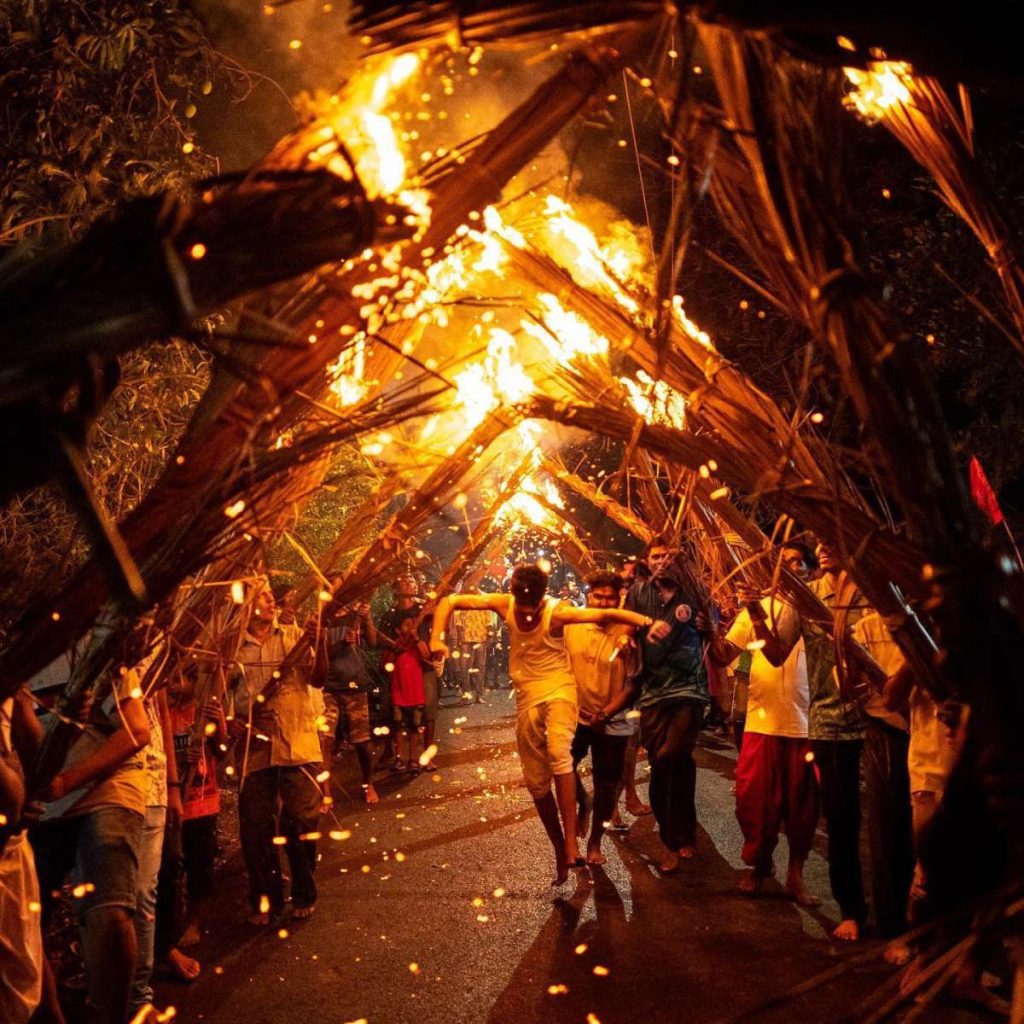
Shisha Ranni in Canacona: Where Devotion Cooks Blessings on Fire: Shisha Ranni is a traditional festival deeply rooted in Goan culture in Canacona. During this ritual, rice is cooked atop the heads of three Gades, which are humanoid representations of divinity on Earth. Interestingly, the term ‘Ranni’ directly translates to ‘stove,’ emphasizing the central element of this ceremony.
In a remarkable display of devotion, three villagers from Canacona taluka’s Gaondongorim voluntarily offer their heads as makeshift stoves for cooking rice over a wood fire.
From the colourful extravaganza of Shigmo to the quaint charm of village festivals, Goa offers a diverse array of cultural experiences for visitors to explore. Whether you’re captivated by the pulsating beats of traditional music or tempted by the tantalizing flavours of Goan cuisine, these unique festivals promise to enchant and delight you at every turn. So pack your bags, immerse yourself in the festivities, and embark on a journey of discovery through the vibrant tapestry of Goa’s culture. Visit the Goa Tourism Website for more information https://goatourism.gov.in/
ALSO READ-Goan cyclist rode 1200km TriGoa Atal Sethu to Ram Sethu LR ride on a bicycle


